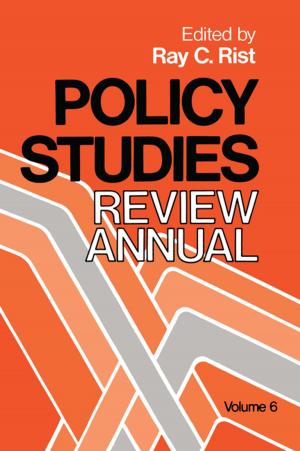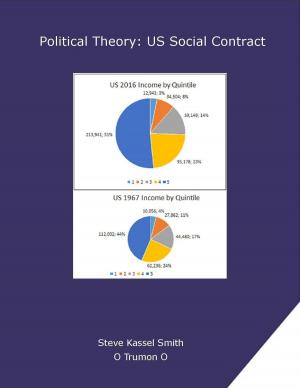Cheers and Tears for America; Broken Media
Discredits Multinational Media Conglomerates
Nonfiction, Social & Cultural Studies, Political Science| Author: | Uthers Say | ISBN: | 9780987074812 |
| Publisher: | Uthers Say 2011 | Publication: | August 4, 2012 |
| Imprint: | Love of Books Australia | Language: | English |
| Author: | Uthers Say |
| ISBN: | 9780987074812 |
| Publisher: | Uthers Say 2011 |
| Publication: | August 4, 2012 |
| Imprint: | Love of Books Australia |
| Language: | English |
Cheer & Tears for America – Broken Media is the latest reaction to media concentration in the U.S and globally. The suggestion is that the media may be broken and there is vacuum where one expects a watchdog. Brisbane author Uthers Say (pseudonym) has responded to his exposure to cable news and particularly to the Orwellian operations of the Fox News Channel to issue a word of warning for this first instalment that was released in March 2011. “Cable news provides a warning that our futures may be less than they could be. Media is being swallowed up by a handful of multinational corporations. If news and opinions are filtered for the benefits of the media owners and corporations rather than for the public good – then this power poses a threat to democracies,” Uthers writes. “In a short space of time the perceptions of a manipulated and misinformed audience can be questioning the legitimacy of an elected leader, fearing universal health care as a catastrophe of Armageddon proportions, and convinced that the poor and middle class should make heroic sacrifices for the excesses of the really rich....” The author’s message is simple: this trend towards media concentration is not your friend.
Cheer & Tears for America – Broken Media is the latest reaction to media concentration in the U.S and globally. The suggestion is that the media may be broken and there is vacuum where one expects a watchdog. Brisbane author Uthers Say (pseudonym) has responded to his exposure to cable news and particularly to the Orwellian operations of the Fox News Channel to issue a word of warning for this first instalment that was released in March 2011. “Cable news provides a warning that our futures may be less than they could be. Media is being swallowed up by a handful of multinational corporations. If news and opinions are filtered for the benefits of the media owners and corporations rather than for the public good – then this power poses a threat to democracies,” Uthers writes. “In a short space of time the perceptions of a manipulated and misinformed audience can be questioning the legitimacy of an elected leader, fearing universal health care as a catastrophe of Armageddon proportions, and convinced that the poor and middle class should make heroic sacrifices for the excesses of the really rich....” The author’s message is simple: this trend towards media concentration is not your friend.















